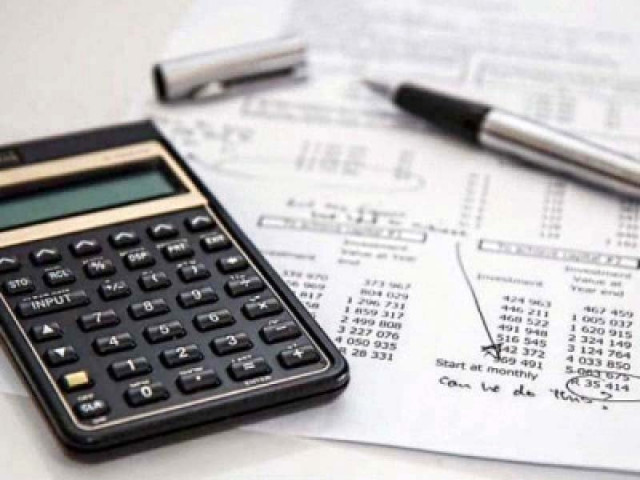Tax relief of billions for bourse
Govt reduces capital gains tax on shares sold after two years of purchase

The government has given billions of rupees in income tax relief to the stock market by lowering the capital gains tax rates on sale of shares after holding them for two years and has completely abolished the tax by the sixth year.
The billions of rupees relief has been given by rejecting a proposal of the Federal Board of Revenue (FBR) that recommended the government to increase the existing 12.5% capital gains tax to 15% to earn an additional revenue of Rs5 billion, according to government sources.
However, the government set the rate at 15% for the shares sold within one year and once again linked the tax on gains with the holding period.
The minimum estimated relief of Rs8 billion to the stock market players is almost double when compared with what the government will earn by taxing the expenditure of the salaried class on health and life insurance and on the payment of bank loans in the next fiscal year.
The move is contrary to Prime Minister Shehbaz Sharif’s policy of taxing the rich and giving back to the poor and is also against Pakistan’s harsh economic ground realities amid the looming threat of default.
“PM Sharif has instructed to withdraw the tax relief given to the stock market and the proposed amendments will be withdrawn,” said Finance Minister Miftah Ismail while talking to The Express Tribune.
The Finance Bill 2022 showed that the government had proposed to charge 15% capital gains tax, if shares are sold in the first year. The rate is reduced to 12.5% in the second year. It will go down further to 10%, if the shares are sold after the second year of purchase, which is below the current capital gains tax rate.
The coalition government has proposed 7.5% tax if the shares are sold after the third year and 5% if sold after holding them for four years. The rate further goes down to a mere 2.5%, if the shares are sold after five years.
There is no tax on the gains made by selling the shares after six years, according to the Finance Bill. Under the existing law, the capital gains tax is 12.5%, irrespective of the holding period.
“It is a relief to the stock market and according to my assessment around Rs4 billion relief has been given,” said Syed Shabbar Zaidi, former FBR chairman.
He said that most of the stock trading took place within the first year but there were many companies and individuals who held the shares for longer periods to avoid tax payments.
The estimated revenue collection from the stock market is around Rs20 billion and according to sources the relief can be as high as Rs8 billion a year.
The government has passed on the relief to the wealthy people at a time when talks between Pakistan and the International Monetary Fund (IMF) are not moving forward, creating uncertainty in the country.
One of the contentious issues is the proposed tax on the salaried class, which offers a relief of Rs47 billion. The IMF wants an increase in the tax rates for the salaried class and it has conveyed the same on Sunday to the government, according to the sources.
In such circumstances, the government has given billions of rupees worth of relief to the wealthy.
The rupee on Monday dipped to its lowest-ever level at Rs204 to a dollar.
Pakistan is a unique country that gives dual benefits to the big players of the stock market. Instead of charging the normal income tax of 35%, the government wants to collect just 15% to zero taxes.
Not only that, the previous government had allowed the stock market players to carry forward the losses being sustained on the trading of shares.
Shabbar Zaidi said that the reduced tax rates and the carry forward of losses should not be offered simultaneously.
The FBR had also proposed to slap 1% capital value tax on all moveable assets, including shares, having value of over Rs100 million. Instead, the government has proposed 2% asset tax on cars having value of over Rs5 million but did not approve a similar tax on shares.
The capital gains tax on the sale of immovable property has been increased to 15% if sold within one year. This rate will become zero over the period of six years.
The move to provide relief to the stock market weakens the government’s case for hike in the prices of petroleum products. It has increased apprehension that the coalition government is not fully realising the gravity of the economic challenges.
Sources said that the government may have to further increase petrol prices by Rs19 per litre and high-speed diesel prices by Rs53 per litre just to abolish the subsidy. The increase in petroleum product prices is expected within days.
Published in The Express Tribune, June 14th, 2022.
Like Business on Facebook, follow @TribuneBiz on Twitter to stay informed and join in the conversation.



















COMMENTS
Comments are moderated and generally will be posted if they are on-topic and not abusive.
For more information, please see our Comments FAQ